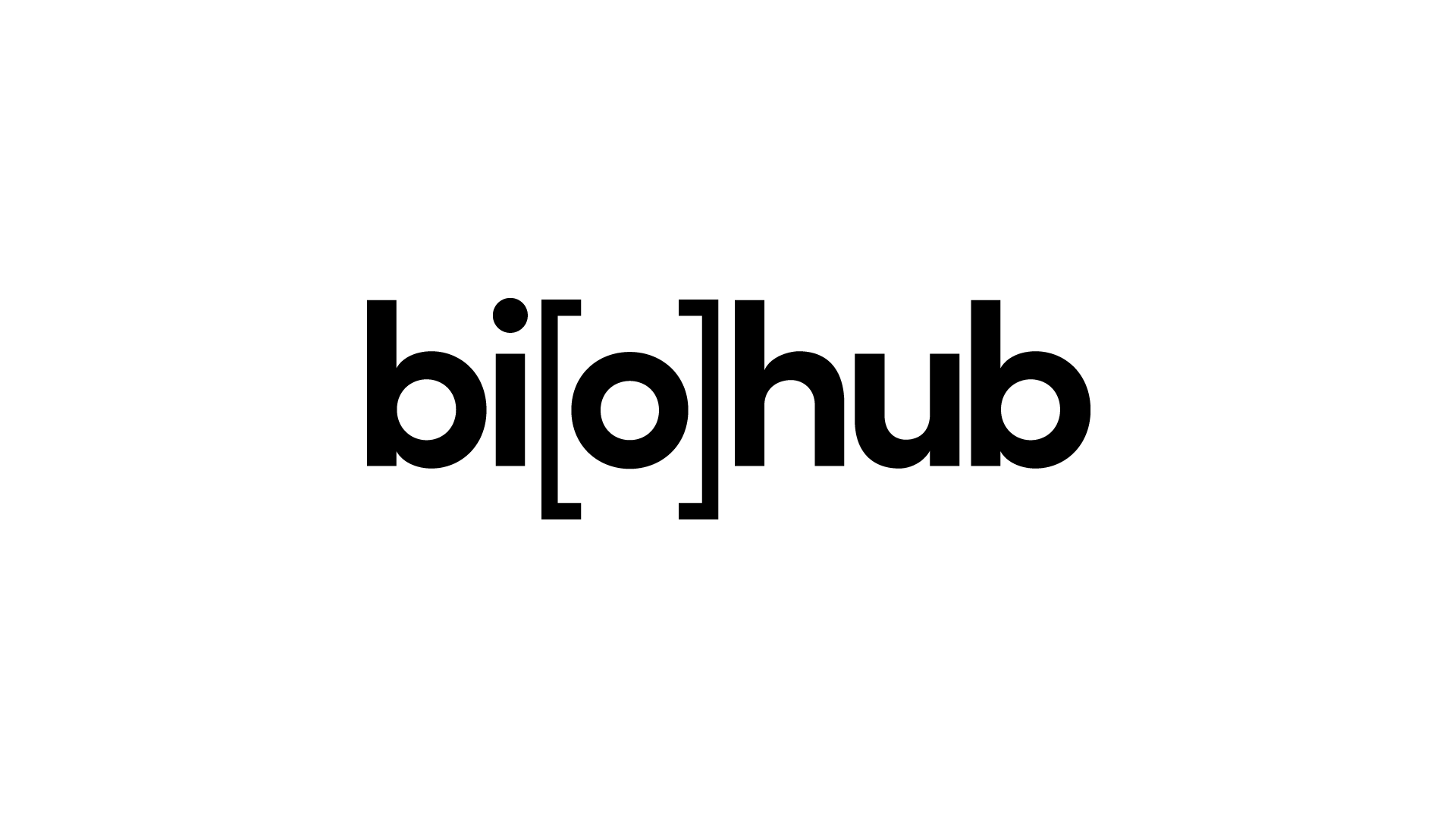Researchers at Stanford and CZ Biohub SF have developed a novel antibody mediated strategy for the treatment of pediatric chronic lung diseases.
Over 10% of infants worldwide are born prematurely, many of whom develop bronchopulmonary dysplasia (BPD), a serious lung disease with many comorbities. In the U.S., around 10,000 infants are diagnosed with severe BPD each year, which increases their risk for prolonged hospitalizations, developmental delays, and early death—especially when pulmonary hypertension (PH) is also present. Despite advancements in ventilation and therapies, BPD rates have not improved over the past 30 years. A key factor in BPD development is lung injury in preterm infants, which disrupts alveolar and vascular development. Pulmonary vascular smooth muscle cells (VSMC) play a crucial role not only in regulating blood vessel tone but also in angiogenesis and alveolarization; however, current treatments mainly target vascular dilation and fail to address the underlying VSMC-related mechanisms, highlighting a critical gap in therapy for BPD and PH.
Stage of Research
The inventors have developed a groundbreaking treatment for impaired lung function via an innovative anti-endostatin inhibitor therapy. The invention promotes lung healing by blocking endostatin—an inhibitor of blood vessel formation. This novel therapeutic strategy features cutting-edge biologics including targeted antibodies, peptides, and gene-silencing siRNAs to restore lung function at the molecular level. The anti-endostatin therapy is designed for use in infants and individuals suffering from respiratory conditions such as respiratory distress syndrome, pulmonary fibrosis, and lung injuries.
For optimal delivery and efficacy, the therapy is administered via injection or aerosol, and may be combined with advanced surfactants like sinapultide (KL4 peptide), enhancing lung absorption and performance. This treatment has the capacity to be administered in the form of pharmaceutical formulations or as part of a nebulizer system. This next-generation treatment represents a powerful new approach to respiratory care.
Applications
- To restore lung function via the promotion of blood vessel formation
- To promote healing of lung injury in preterm infants as well as other individuals suffering from respiratory conditions such as respiratory distress syndrome and pulmonary fibrosis
Advantages
- Flexible formulation strategy- can be administered in traditional pharmaceutical formulations or as part of a nebulizer system
- Multiple strategies for anti-endostatin inhibition including antibodies, peptides, and gene-silencing siRNAs
Stage of Development
Research- in vivo
Keywords
Antibody, Therapeutic
Technology Reference
CZ Biohub ref. no. CZB-312S
Stanford ref. no. S24-270

